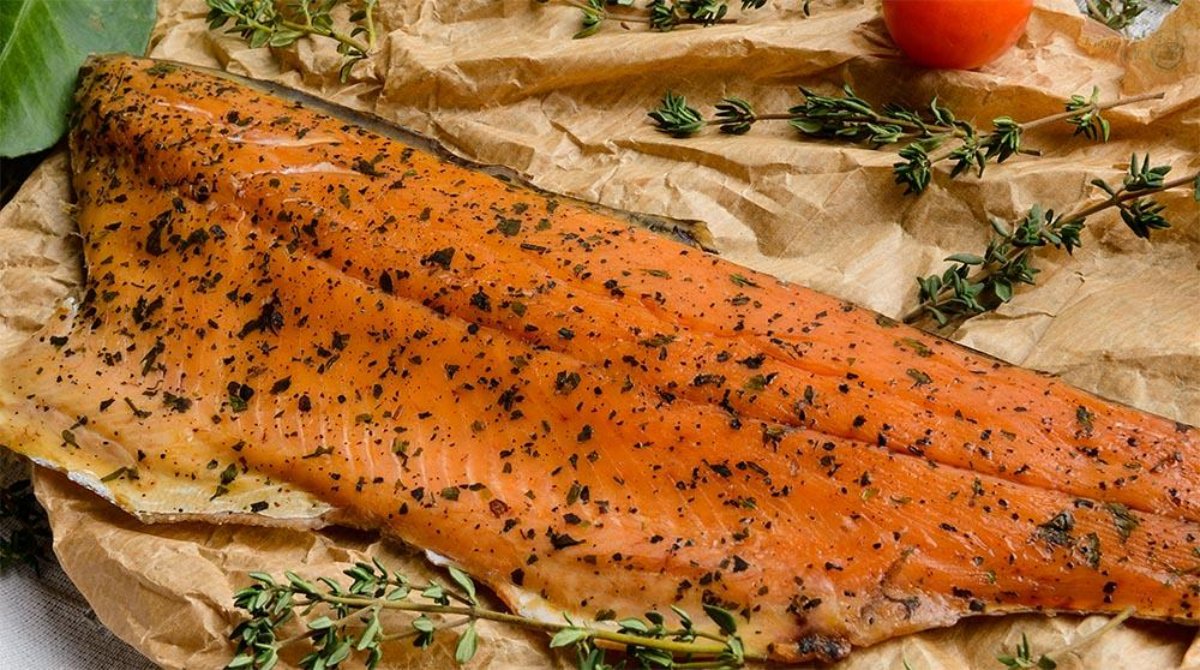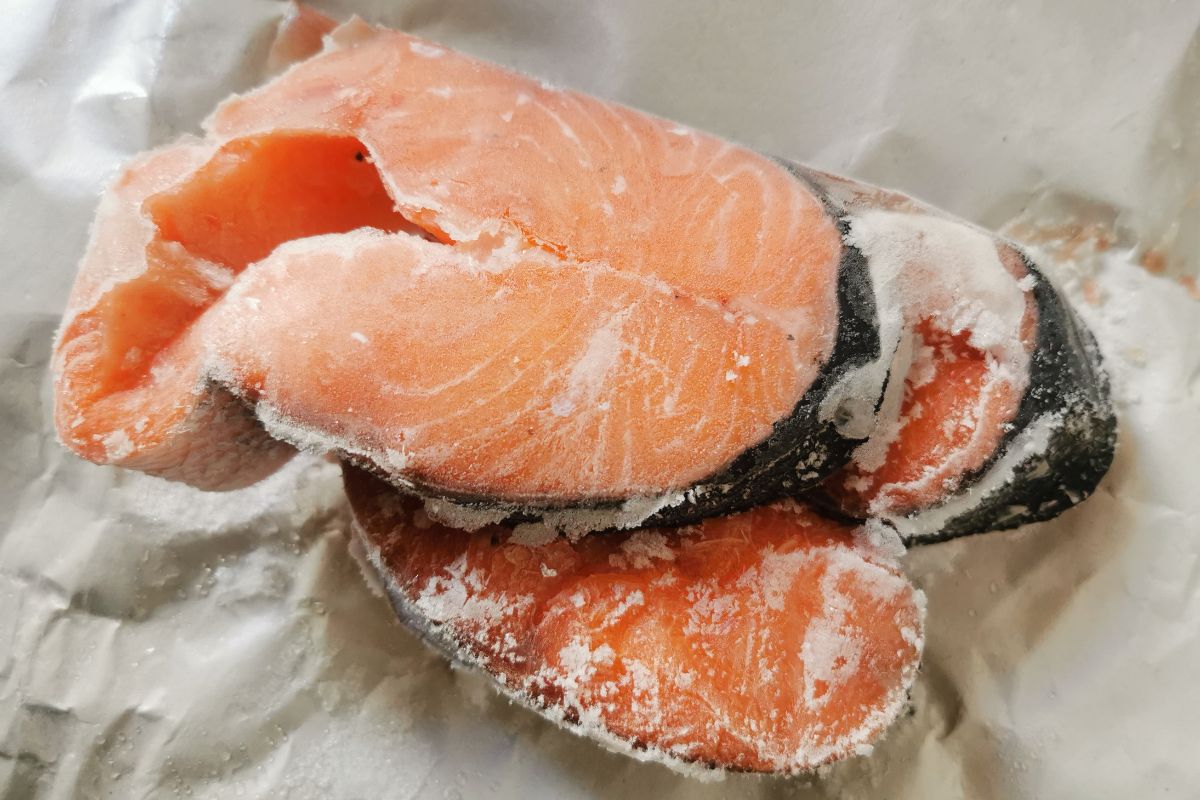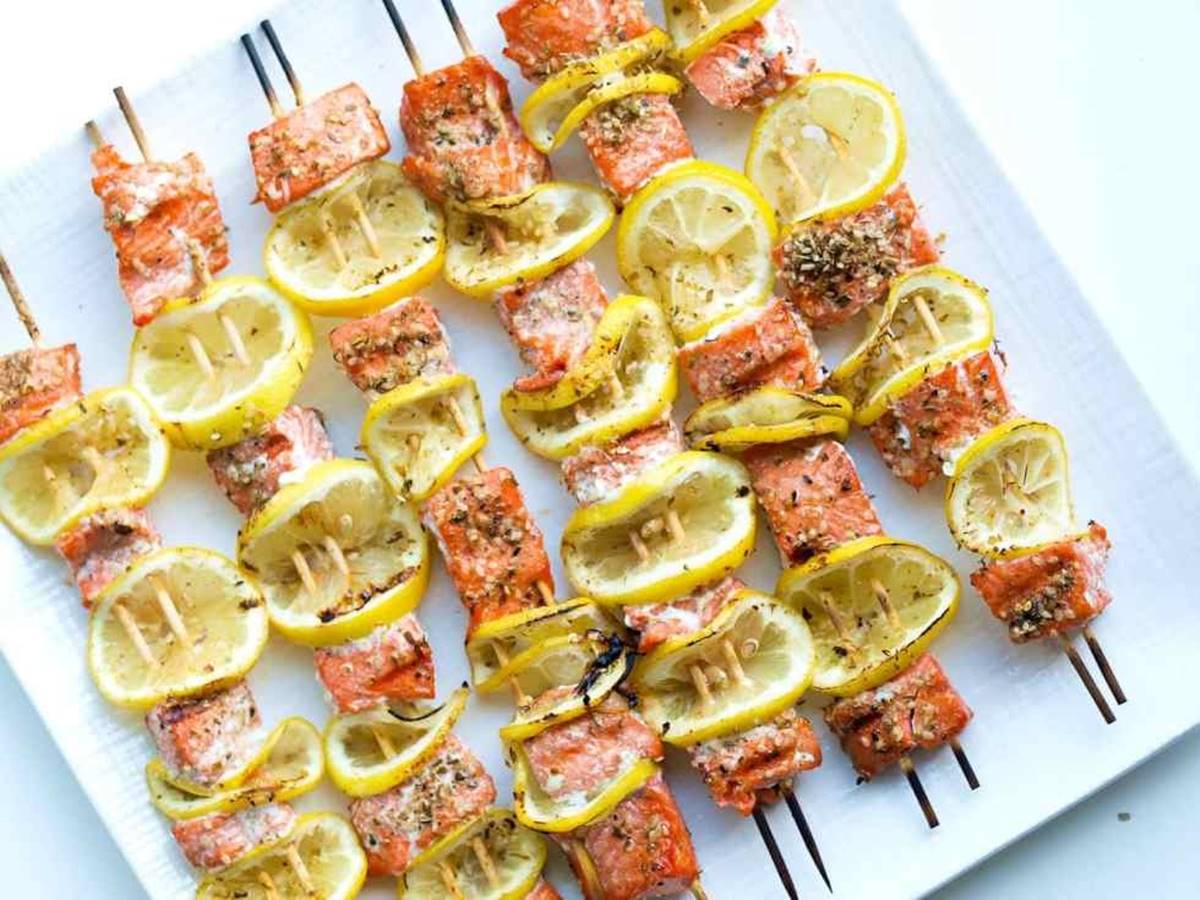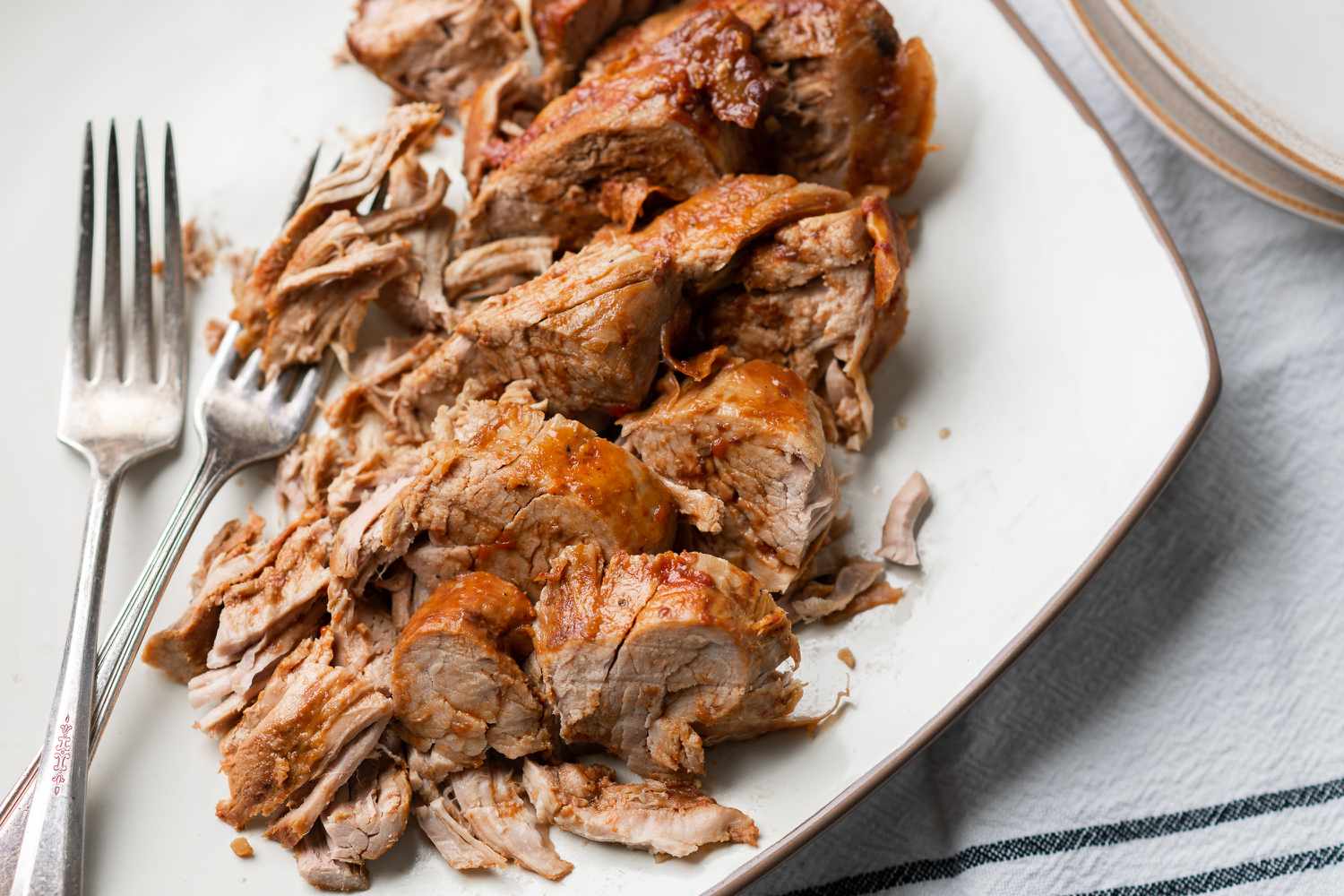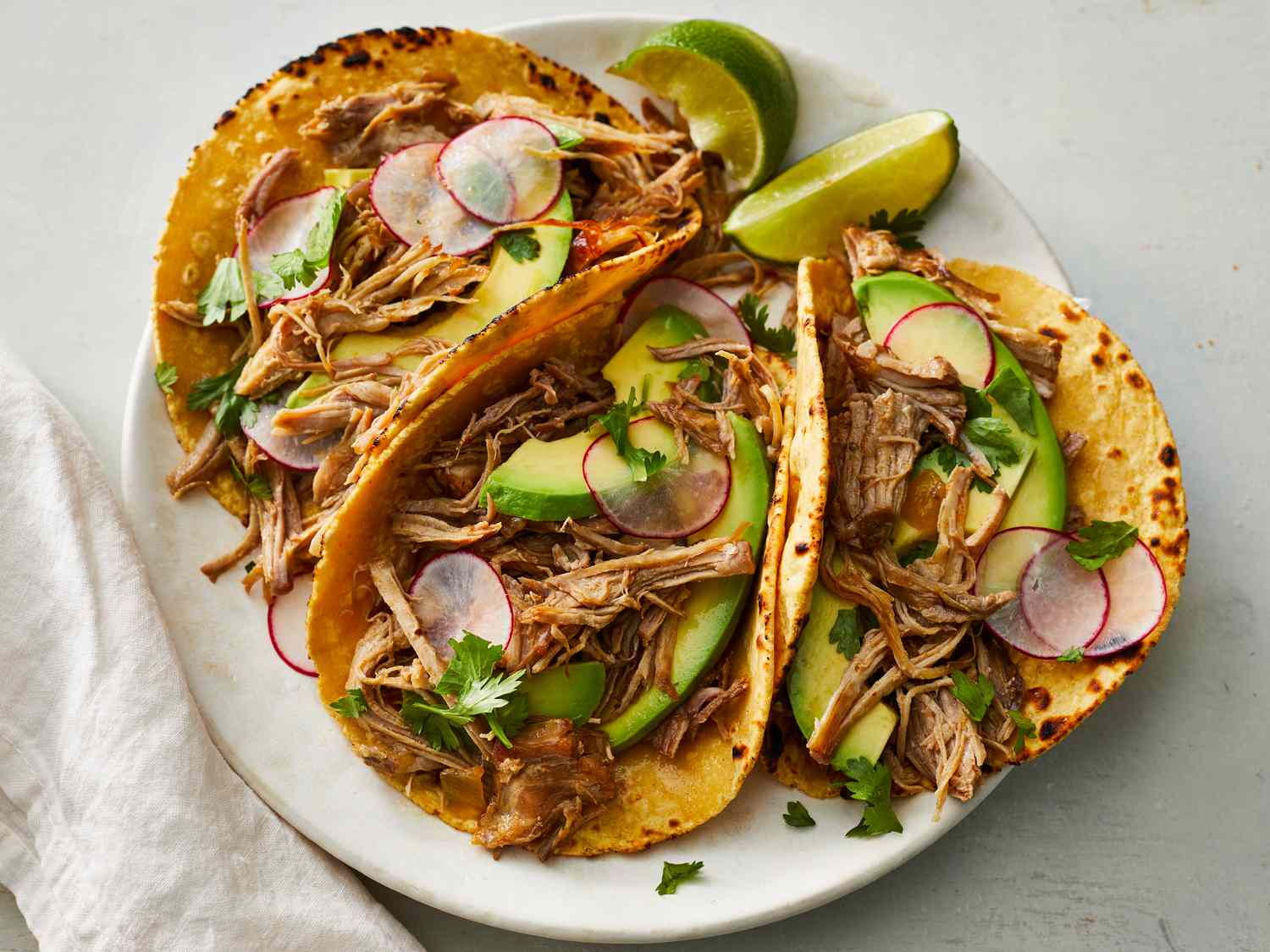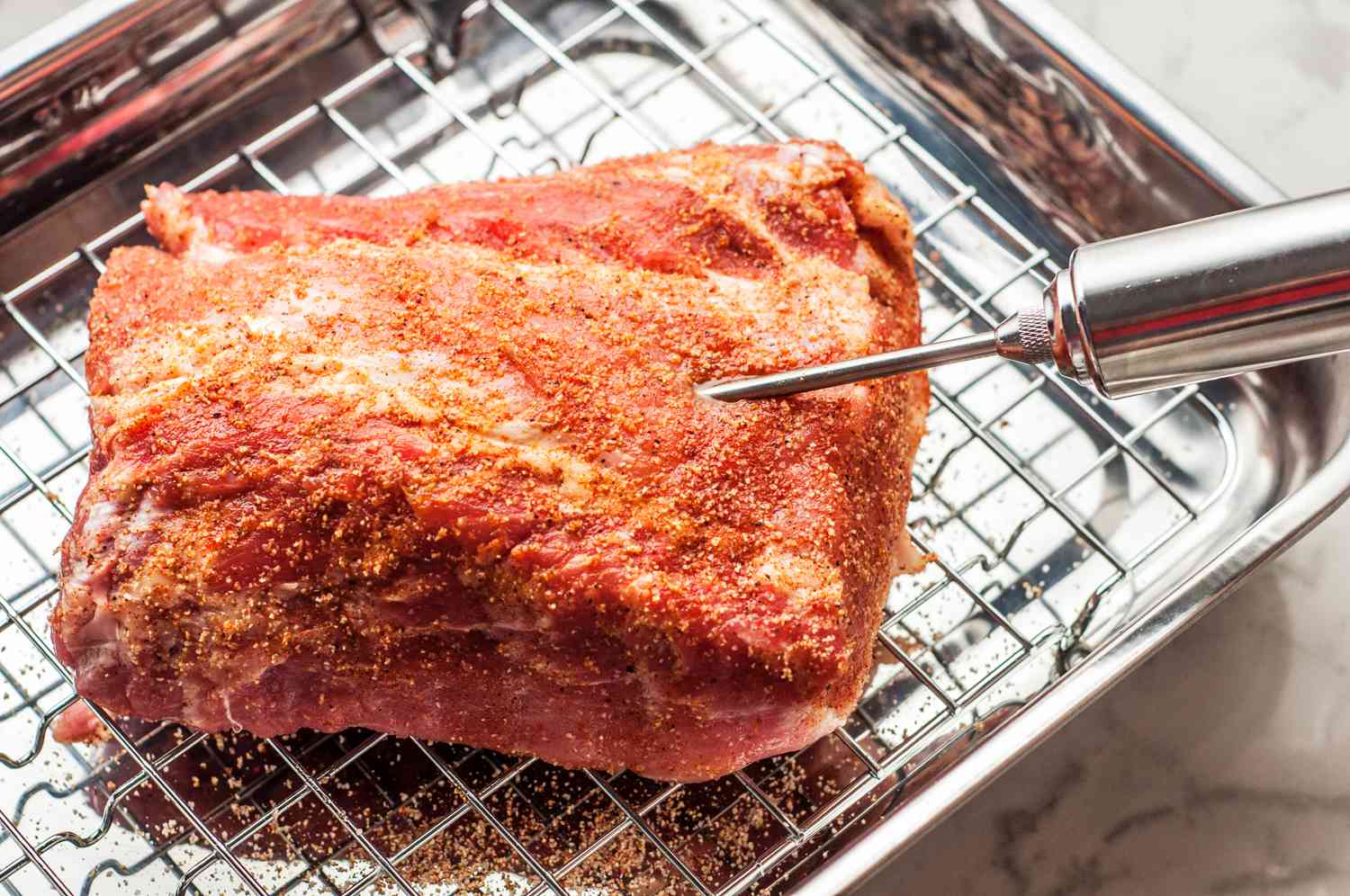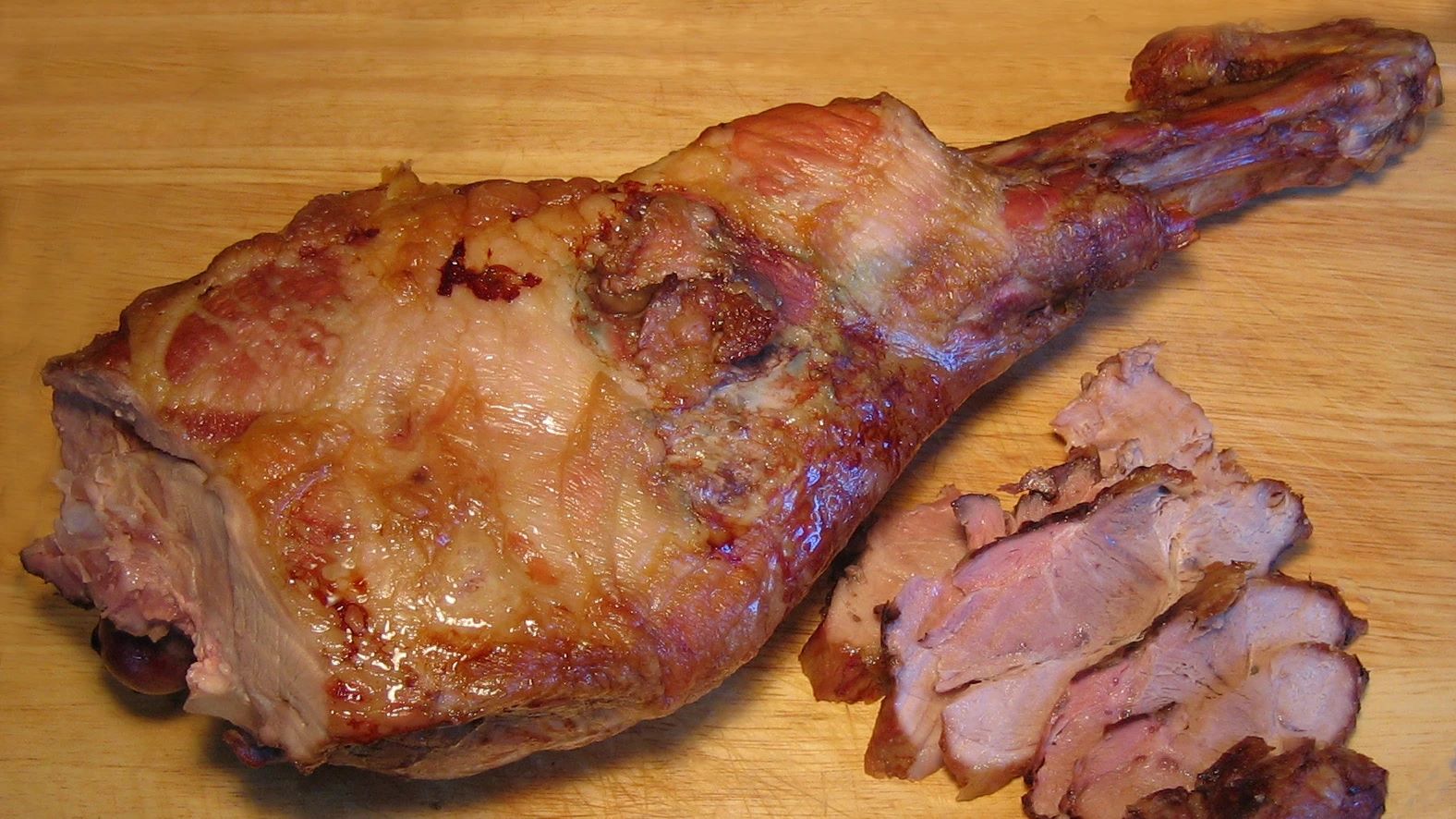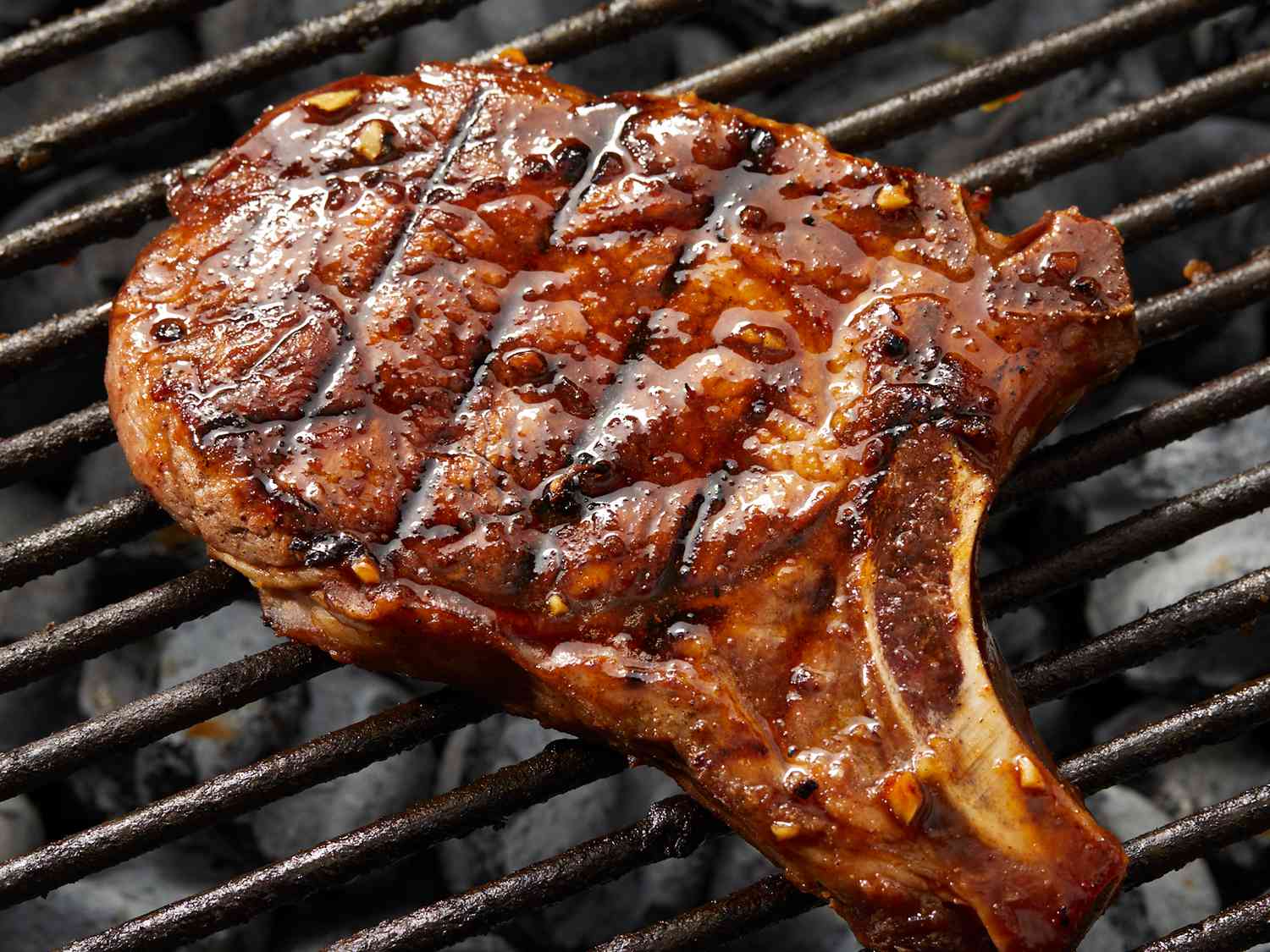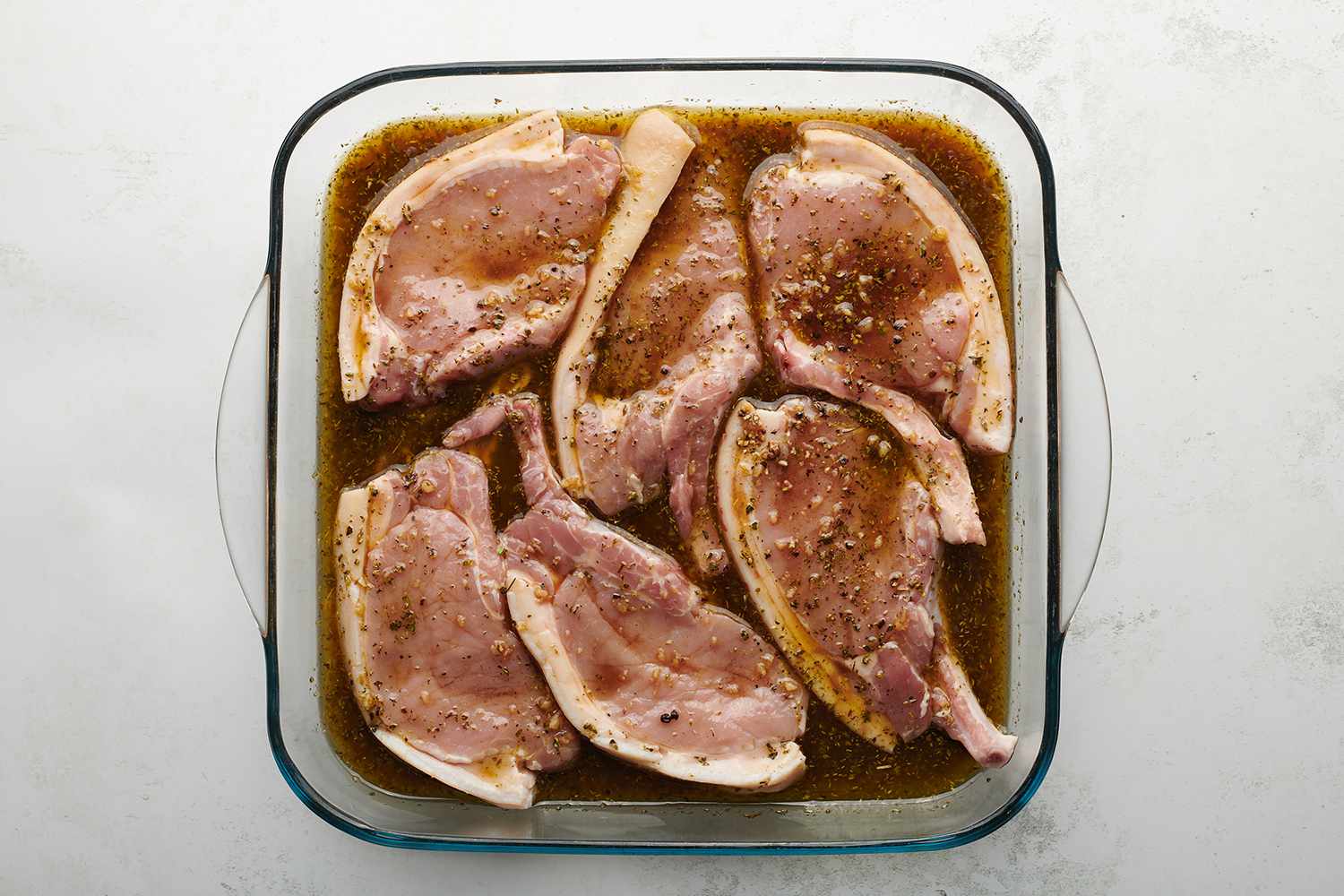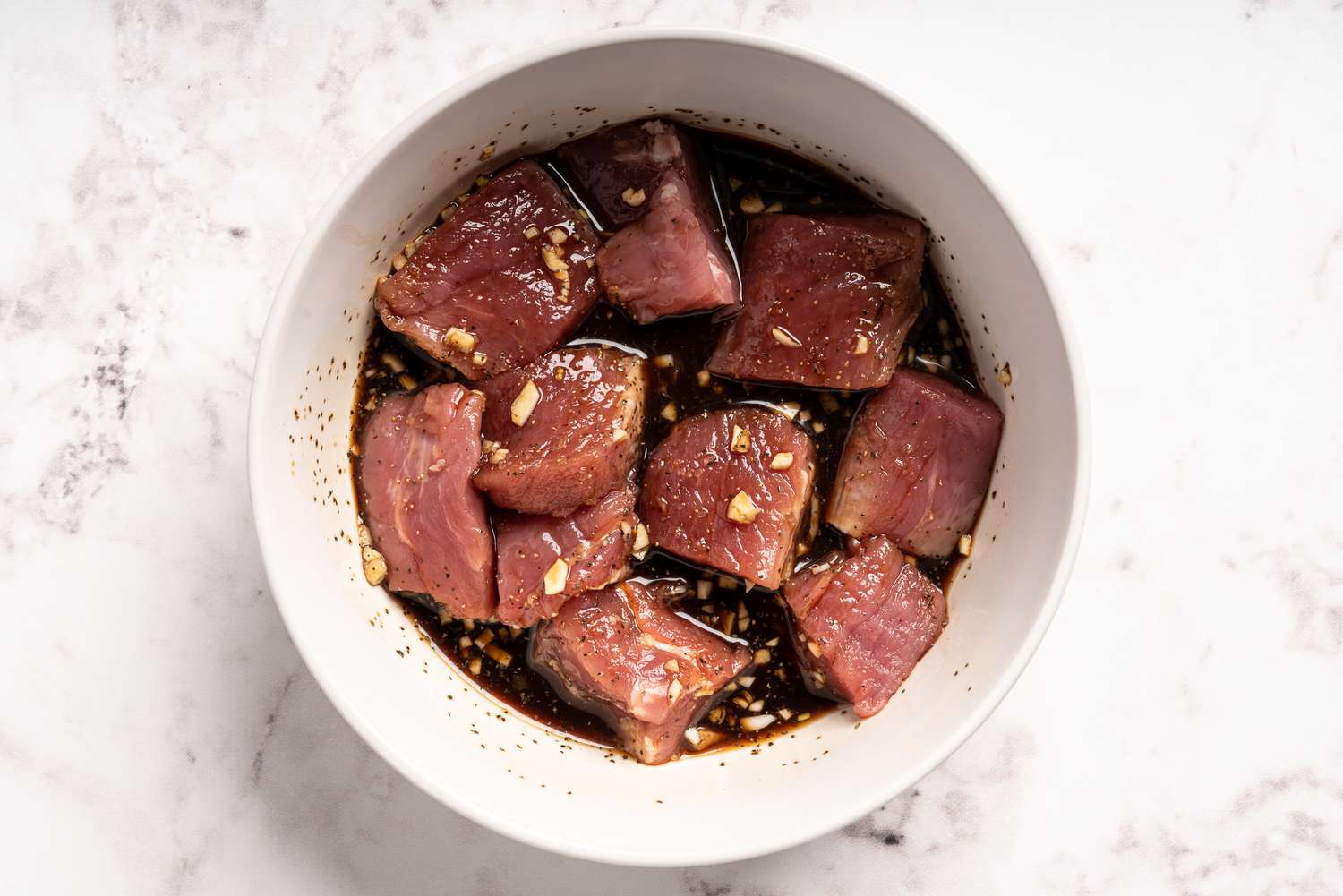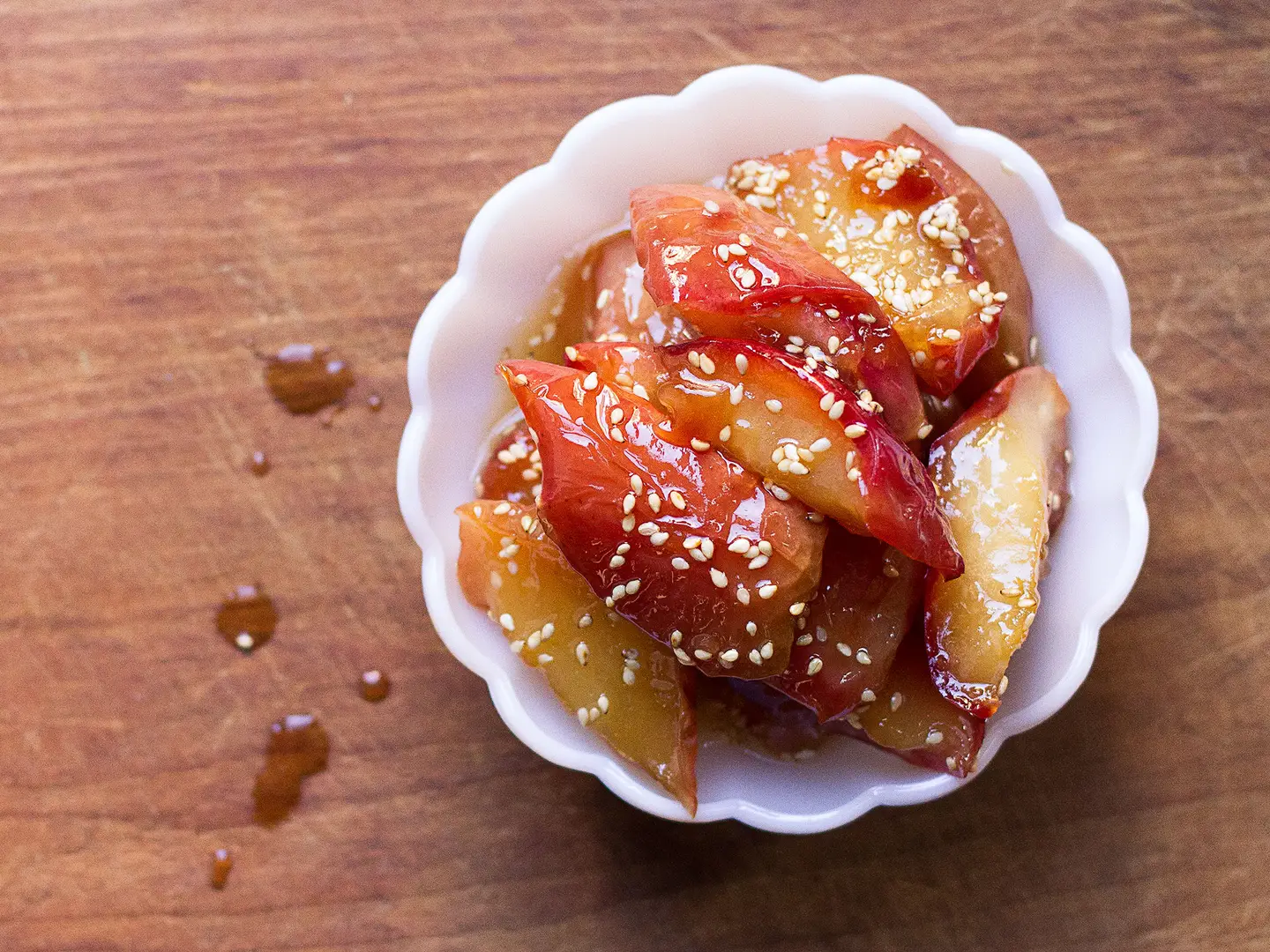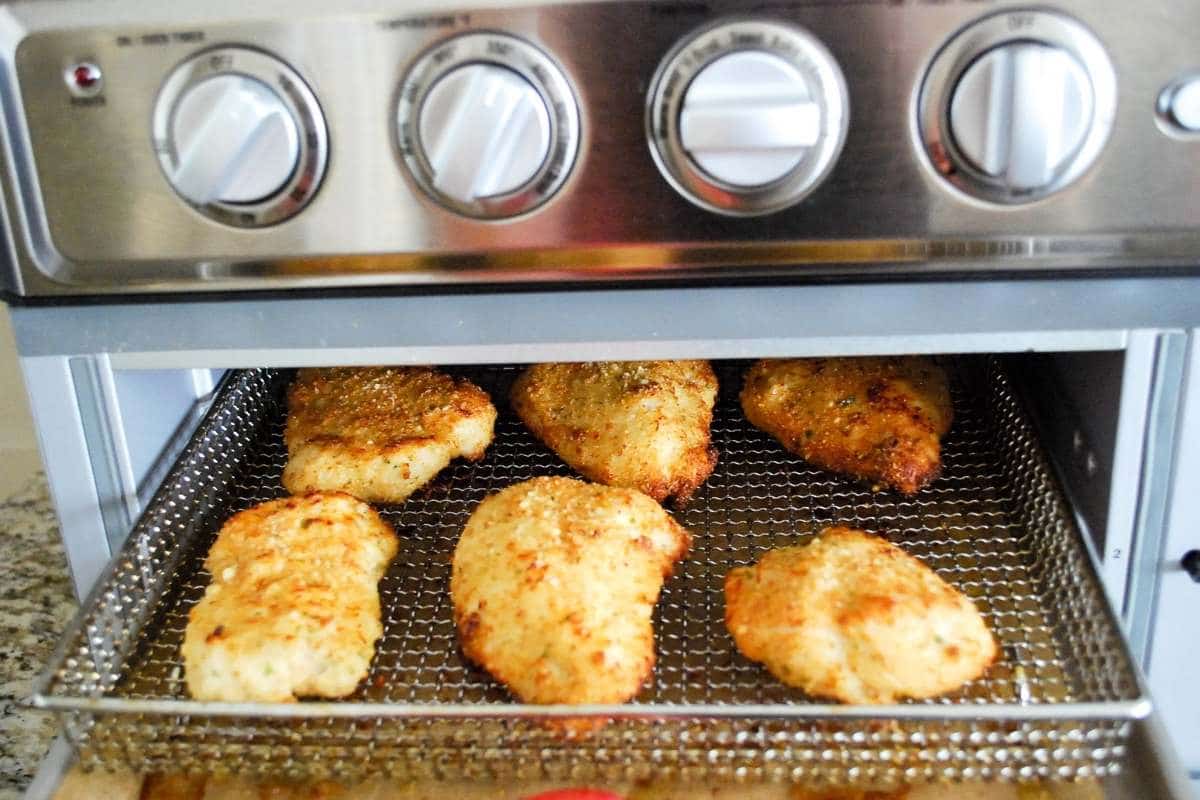Marinating Frozen Salmon: A Delicious and Easy Way to Elevate Your Meal
Salmon is a versatile and delicious fish that can be enjoyed in a variety of ways. Whether you’re grilling, baking, or pan-searing, marinating frozen salmon is a simple and effective way to infuse it with flavor and moisture. In this article, we’ll explore the best methods for marinating frozen salmon to ensure a mouthwatering and satisfying meal.
Why Marinate Frozen Salmon?
Marinating frozen salmon is an excellent way to add depth and complexity to its flavor profile. Additionally, since frozen salmon can sometimes be less moist than fresh salmon, marinating can help to rehydrate and tenderize the fish, resulting in a more succulent and enjoyable dining experience.
Choosing the Right Marinade
When it comes to marinating frozen salmon, the options are endless. From zesty citrus-based marinades to savory herb-infused blends, the key is to choose flavors that complement the natural richness of the salmon. Here are a few popular marinade options to consider:
- Citrus Marinade: A blend of fresh lemon or lime juice, olive oil, garlic, and herbs can add a bright and refreshing flavor to the salmon.
- Teriyaki Marinade: A combination of soy sauce, ginger, and brown sugar can create a sweet and savory glaze for the salmon.
- Herb and Garlic Marinade: A mix of fresh herbs, garlic, and olive oil can impart a fragrant and aromatic essence to the salmon.
How to Marinate Frozen Salmon
Now that you’ve selected your marinade, it’s time to prepare the salmon for marinating. Follow these simple steps for a successful marinating process:
- Thaw the Salmon: If your salmon is frozen, be sure to thaw it in the refrigerator overnight before marinating. This will ensure that the marinade can penetrate the fish evenly.
- Pat the Salmon Dry: Before marinating, use paper towels to gently pat the salmon dry. This will help the marinade adhere to the fish more effectively.
- Marinate the Salmon: Place the salmon in a shallow dish or resealable plastic bag and pour the marinade over it, making sure to coat the fish evenly. Seal the dish or bag and refrigerate for at least 30 minutes, allowing the flavors to permeate the salmon.
Best Practices for Marinating Frozen Salmon
To ensure the best results when marinating frozen salmon, keep these tips in mind:
- Don’t Over-Marinate: While marinating adds flavor, over-marinating can result in a mushy texture. Aim for a marinating time of 30 minutes to 2 hours for optimal results.
- Use a Sealable Container: Opt for a resealable plastic bag or a shallow dish with a tight-fitting lid to marinate the salmon. This will help prevent leaks and ensure even coating.
- Refrigerate Properly: Always marinate salmon in the refrigerator, not at room temperature, to prevent bacterial growth and maintain food safety.
Cooking Marinated Salmon
Once your frozen salmon has been marinated to perfection, it’s time to cook it to your desired doneness. Whether you prefer to grill, bake, or pan-sear your salmon, the marinating process will have imbued it with delicious flavor and moisture, ensuring a delectable dining experience.
Conclusion
Marinating frozen salmon is a simple yet effective way to enhance its flavor and texture. By selecting the right marinade, following proper marinating techniques, and cooking the salmon with care, you can create a mouthwatering dish that will impress your family and friends. So, the next time you have frozen salmon on hand, consider marinating it to take your meal to the next level!
Explore More: Exciting Recipes and Uses for Your Marinated Salmon
Having mastered the art of marinating frozen salmon, why not put your skills to the test with a variety of delectable recipes? For a refreshing twist, try the Fresh Zest Grilled Salmon which offers a zesty flavor that complements the fish's natural taste. If you're in the mood for something with an Asian flair, the Savory Teriyaki Salmon Skewers are a must-try, blending sweet and savory notes. For those who enjoy bold, aromatic seasonings, the Spiced Moroccan Salmon is highly recommended, providing a delightful mix of spices that enhance the salmon's richness. Each recipe is designed to utilize your marinating skills, ensuring delicious meals that are sure to impress.
